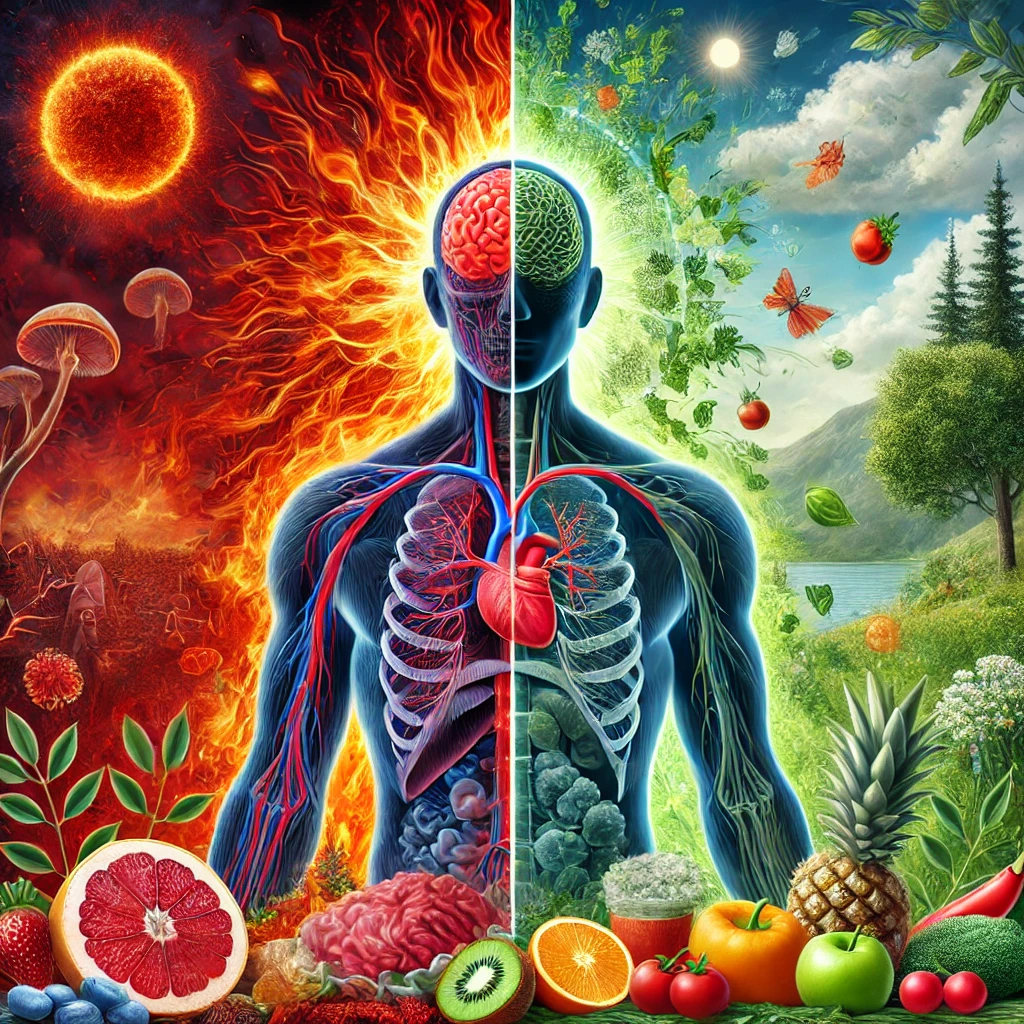Alcohol Consumption: A Global Health Concern
Recent studies have reaffirmed the undeniable connection between alcohol consumption and several severe diseases. This research spans cultures where daily drinking is entrenched, highlighting the global nature of the problem. Notably, guidelines about alcohol consumption have tightened. Even moderate drinking—1 glass (4 oz) for women and two glasses (6 oz) for men—is being questioned. Evidence mounts against these once-safe recommendations. Some countries have already implemented warning labels on alcoholic beverages. The United States is making efforts to follow suit. Below, we outline the key findings linking alcohol to seven significant diseases and the organs affected.
1. Liver Disease: Cirrhosis and Hepatitis
The liver bears the brunt of alcohol metabolism, making it particularly vulnerable. Excessive alcohol consumption leads to cirrhosis. In this condition, healthy liver tissue is replaced by scar tissue. This replacement impairs the liver’s role. According to the World Health Organization (WHO), 1 in 6 global deaths from liver disease is directly attributed to alcohol. Chronic alcohol use can also lead to alcoholic hepatitis, an inflammatory condition that can be fatal if untreated.
2. Cardiovascular Disease
Newer studies challenge the belief that moderate drinking benefits heart health. These studies show that alcohol increases the risk of high blood pressure, atrial fibrillation, and stroke. A report from the American Heart Association revealed that heavy alcohol users are 50% more to develop heart disease. Even moderate drinkers face an elevated risk of irregular heart rhythms.
3. Cancer
Alcohol is classified as a Group 1 carcinogen by the International Agency for Research on Cancer (IARC). It is linked to at least seven types of cancer, including breast, liver, esophageal, mouth, throat, colon, and rectal cancer. For breast cancer, even low-level drinking—as little as one drink per day—increases risk by 4-10%. Globally, alcohol accounts for approximately 741,000 cancer cases annually.
4. Pancreatitis
Alcohol-induced inflammation of the pancreas can cause both acute and chronic pancreatitis. These conditions disrupt digestion and increase the risk of diabetes. Studies estimate that alcohol is responsible for up to 60% of all cases of chronic pancreatitis worldwide. The disease often leads to significant long-term complications, including malnutrition and organ failure.
5. Brain Damage and Cognitive Decline
Alcohol negatively affects the brain. It impairs memory, decision-making, and motor skills in the short term. Chronic use causes long-term damage. Prolonged alcohol abuse is a significant risk factor for dementia, including Alzheimer’s disease. The Lancet published research showing that individuals who consume more than 14 drinks per week increase their risk of cognitive impairments by 25%.
6. Immune System Suppression
Alcohol compromises the immune system, leaving the body more susceptible to infections. It reduces the production of white blood cells. This reduction weakens the body’s ability to fight pneumonia and tuberculosis. WHO data indicates that alcohol is responsible for approximately 8% of all global deaths from communicable diseases.
7. Digestive System Disorders
The digestive tract suffers from alcohol’s corrosive effects, leading to gastritis, ulcers, and an increased risk of gastrointestinal cancers. Alcohol disrupts the gut microbiome. The gut microbiome plays a crucial role in overall health. Alcohol also exacerbates conditions like inflammatory bowel disease (IBD). Chronic drinking significantly raises the risk of ulcers in the stomach and esophagus. The increase is by 30-40%, as noted by the National Institute on Alcohol Abuse and Alcoholism (NIAAA).
A Call to Action
The evidence is clear. Alcohol consumption is far more harmful than earlier thought. It affects nearly every primary organ system in the body. As awareness grows, countries worldwide are taking steps to mitigate this public health crisis. Adding warning labels to alcoholic beverages is a necessary step toward educating consumers and reducing alcohol-related harm.
Let’s focus on health by staying informed and making choices that promote wellness for ourselves and future generations.
Medical Disclaimer for Mama Vega Enterprises: Optimal Health 360 Blog Post
The information on the Mama Vega Enterprises: Optimal Health 360 blog is for general informational purposes. It is not a substitute for professional medical advice, diagnosis, or treatment. Always consult your physician if you have questions about a medical condition. You can also ask another qualified health provider.
Never disregard professional medical advice or delay seeking it because of something you have read on this blog. The opinions expressed by the authors are their own. These opinions do not necessarily show the views of Mama Vega Enterprises, its subsidiaries, or its affiliates. Mama Vega Enterprises does not endorse any opinions on the blog. It also does not assume responsibility for the accuracy or reliability of any opinions, advice, or statements.
Call your doctor, go to the emergency department, or call 911 immediately if you have a medical emergency. Relying on any information provided by Mama Vega Enterprises is solely at your own risk. This includes information from Optimal Health 360, its contributors, or other visitors to the blog.
Mama Vega Enterprises is not responsible for the content of linked third-party sites. It does not make any representations about the accuracy, completeness, or other aspect of the information on such sites. The inclusion of any link does not imply endorsement by Mama Vega Enterprises.









